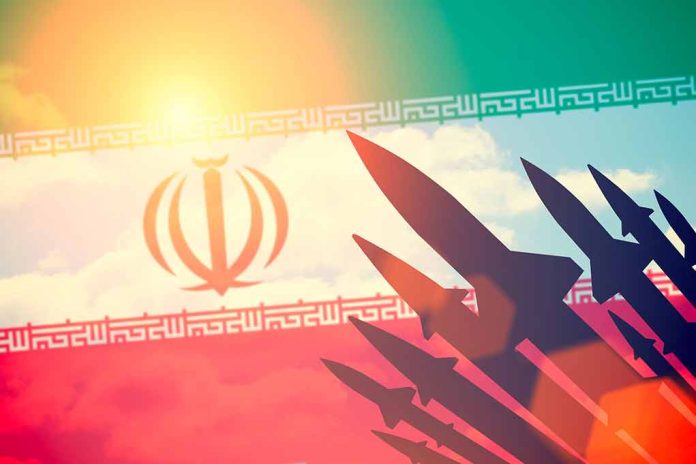
Iran firmly denies claims of a plot against Donald Trump amid heightened U.S. conspiracy indictments.
At a Glance
- On record, Iran is denying plots to assassinate Donald Trump.
- The U.S. Department of Justice implicates Iranian and Pakistani nationals.
- The alleged plot exacerbates U.S.-Iran diplomatic tensions.
- Iran intends to combat allegations through legal means.
Iran Denies Assassination Allegations
Iranian President Masoud Pezeshkian repudiates allegations linking Iran to a plot aimed at President-elect Donald Trump. The denials come as U.S. Justice Department indictments spotlight Iranian state actors allegedly tied to a conspiracy to target U.S. officials, intensifying the complex U.S.-Iran relations. Iranian Foreign Ministry spokesperson Esmail Baghaei dismissed the accusations as “completely unfounded,” asserting they are a part of a strategy by anti-Iran factions.
Farhad Shakeri, allegedly operating under orders from Iran’s Islamic Revolutionary Guard Corps, faces charges related to this plot. Iran insists on using legitimate avenues to challenge these accusations, suggesting external influences aim to prejudice diplomatic relations with the U.S.
Legal Charges and Diplomatic Concerns
The indictments accuse Shakeri, a key figure, and others of orchestrating assassination attempts, further straining already fragile diplomatic ties. Attorney General Merrick Garland identified Iran as a significant threat to U.S. security, emphasizing plots directed by the Iranian state. This situation revives tensions from previous confrontational stances, particularly during Trump’s presidency, stressing the fragile nature of current diplomatic ties.
“There are few actors in the world that pose as grave a threat to the national security of the United States as does Iran,” said Garland.
The existing tense political landscape is exacerbated by historical events such as the assassination of Iranian Gen. Qassem Soleimani in 2020, which escalated hostilities. Meanwhile, Iranian leaders have sought to downplay the impact of U.S. election outcomes on their foreign policy stance, declaring a consistent approach regardless of U.S. leadership shifts.
Iran’s Position on U.S. Relations
Despite denying any involvement in the plot, Iranian officials, including Foreign Minister Seyed Abbas Araghchi, expressed a desire for improved bilateral relations, based on mutual respect and trust-building. Araghchi fervently denied the accusations, labeling them a “fabrication.” Iran’s official position remains committed to seeking dialogue with the U.S., emphasizing the importance of respect in cross-national communications.
“Iran respects [the American people’s] right to elect the President of their choice. The path forward is also a choice. It begins with respect. Confidence-building is needed from both sides. It is not a one-way street,” said Araghchi.
The unfolding narrative highlights ongoing challenges to diplomatic repair and the inherent complexities in mitigating security threats amid escalating international scrutiny. Iranian President Masoud Pezeshkian’s statements underline both the tensions with the U.S. and Iran’s firm stance against claims of targeting U.S. citizens, thus emphasizing the intricate web of geopolitical relations between the two nations.


